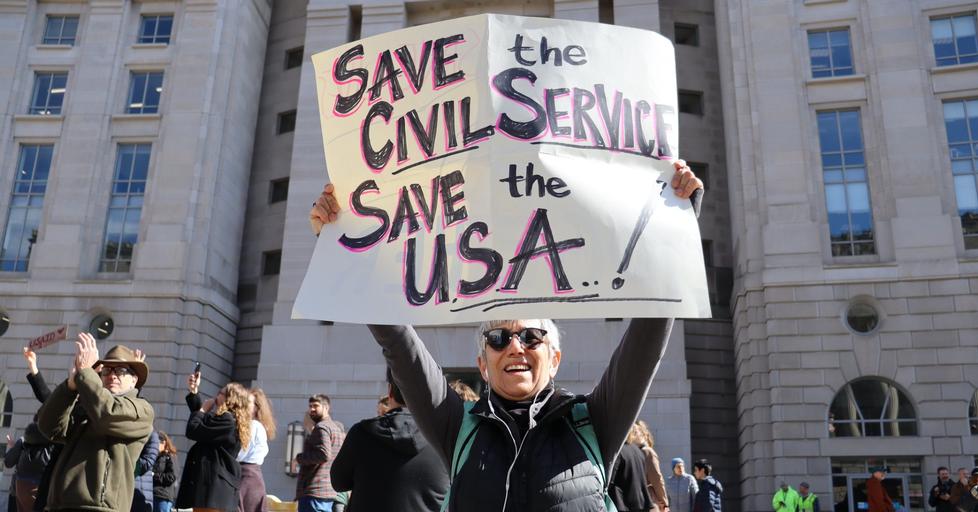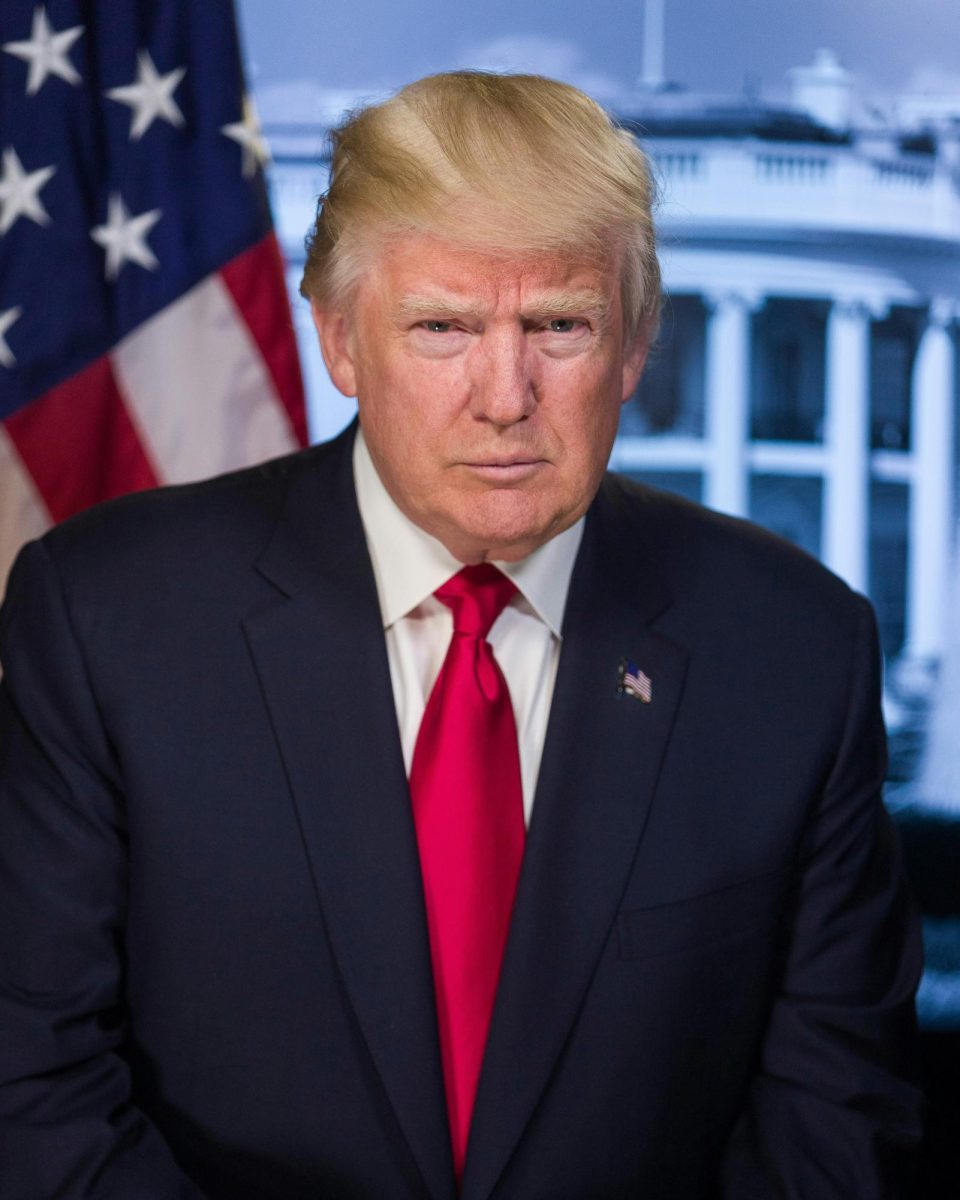It was sunny at Utah Valley University, minutes before disaster unfolded. Turning Point USA Founder, conservative political activist, and media personality Charlie Kirk spoke in front of approximately 3,000 people at the first public outdoor event to kick off his American Comeback Tour on September 10th, 2025. It would be his last, for Kirk would be fatally shot at the scene.
Charlie Kirk’s death — alongside other increasingly common attacks on political figures — reflects the global rise in political violence and raises the question about what implications and dangers this violence has on freedom of speech in America.
Kirk was the CEO of Turning Point USA, an organization many believe fueled the “Make America Great Again (MAGA)” movement, according to PBS News. Not all Americans agreed with Kirk and Turning Point USA’s controversial opinions. For one, according to The New York Times, Kirk had been very critical of gay and transgender rights in America due to his conservative, Christian beliefs.
“I want to be very clear this is a political assassination,” Utah Governor Spencer Cox told AP News. Political violence is on the rise, as seen from the multiple assassination attempts of President Donald Trump before the 2024 Election, to Nancy Pelosi’s husband in 2022, to Melissa Hortman and her husband in 2025, and now, to Kirk’s killing.
Political violence is increasingly prevalent. Based on a study by the Armed Conflict Location and Event Data (ACLED), globally, political violence increased by 25% in the 12-month period between 2023 and 2024, and within that time period, 223,000 people were killed due to political violence. Starting in 2017, “prosecuted threats” against U.S. legislators and Congress officials “increased more than fivefold from the previous year,” according to Foreign Affairs. Moreover, according to the ACLED, one in seven people were exposed to political violence from July 2023 to 2024.
Within the United States, political violence has surged as well. In the first half of 2025, there were 150 reported political attacks, double of such in 2024, according to Reuters. They also found that political violence hasn’t been this high in the United States “since the 1970s.” Additionally, while researchers at the University of Maryland were tracking political violence attacks, they found that 35% of them targeted people who work for the U.S. government or U.S. government facilities, according to PBS. That 35% was double the rate of attacks towards the U.S. government in 2024.
The trend of increasing political violence conveys a terrifying message: being a powerful political figure and speaking your mind about politically controversial ideas can put you at risk of being killed.
Melissa Hortman, a member of the Minnesota House of Representatives, was shot and killed — along with her dog and husband — in 2025 by a man impersonating a pizza delivery worker at her home, according to the United States District Attorney Office.
Preceding the 2024 election, two assassination attempts were made against President Donald Trump — one in July, where a bullet grazed his ear, and another planned assassination in September, where the assailant, armed with a rifle, was discovered by the Secret Service “in some shrubbery near the presidents’ golf course,” as stated by PBS.
This list goes on — and it really shouldn’t.
“This kind of violence is becoming far too common in our society. And I don’t give a damn if it’s coming from one particular side or the other. It has to stop,” Shapiro said to PBS. This devastating loss of life also comes with a direct threat to the freedom of speech and civil discourse in America — one that endangers all citizens if such violence persists in the future.
Regardless of what people believe in, every citizen has the right to speak their mind. The First Amendment, which states that Congress would make no law “abridging the freedom of speech, or of the press,” protects every citizen’s right to speak their own opinions freely, without fear of retribution from the government.
Historians have long discussed the importance of our right to freedom of speech in a functioning democracy. In On Liberty (1859), John Stuart Mill acknowledged that citizens don’t need to “know and understand” everything. As long as someone knows, false information won’t “mislead” those who don’t. He argued, however, that speaking and writing are still the only ways questions or concerns can be raised, and knowledgeable people can answer or refute “misleading” information. Therefore, free speech remains vital for all citizens to stay informed.
Alexander Meiklejohn wrote in Freedom of Speech and Its Relation to Self-government (1948) that “informing” citizens allows them to “think and act as self-governing citizens” in a democratic society. Freedom of speech is also the right to be educated. He argued that the First Amendment couldn’t be understood without its “underlying” purpose — for “all the citizens of our self governing society” to be “‘equally’ educated.”
So what happens when you add political violence into the mix?
A paper written by Joshua Rissman at the University of Minnesota Twin Cities explained that political violence creates a “chilling effect” on free speech, and this has been a topic of discussion from as early as 2009. Rissman specifically analyzed how violence enacted by policemen — including an unprecedented number of arrests and the use of pepper spray on peaceful demonstrators — at the 2008 Republican National Convention “chilled” their free speech. The presence of police and the subsequent, underlying threat of political violence and repercussions scared people into silence throughout the multiple other scenarios Rissman explored in his paper.
Richard L. Wilson wrote on EBSCO Information Services that, as a result of the “chilling effect,” people will “self-censor” themselves in fear of “backlash” — “backlash” that, as we know, is turning increasingly violent and scary. Political violence can censor prominent individuals by directly harming or killing them, but it also can create a larger fear that coerces citizens to silence themselves. The more political violence increases, the more freedom of speech declines.
But again, freedom of speech is important because, without it, civil discourse — constructive, productive, and respectful discussions about any matters — doesn’t exist. If political violence continues to frighten citizens away from engaging in such discussions, we risk losing our ability to be informed and self-govern — the very premise of democracy.
What is America without democracy; without honoring the constitution and the laws that define our freedom? The more people are attacked, killed, targeted, under the pretense of political violence, open discussion disappears, and our country becomes even more divided. Without free speech we are no longer the land of the free, but rather a country full of citizens who fear believing in their beliefs and being who they are. It is imperative that we stop our slide down the slippery slope of political violence, towards the death of individualism, freedom, and democracy –– towards the death of America.










